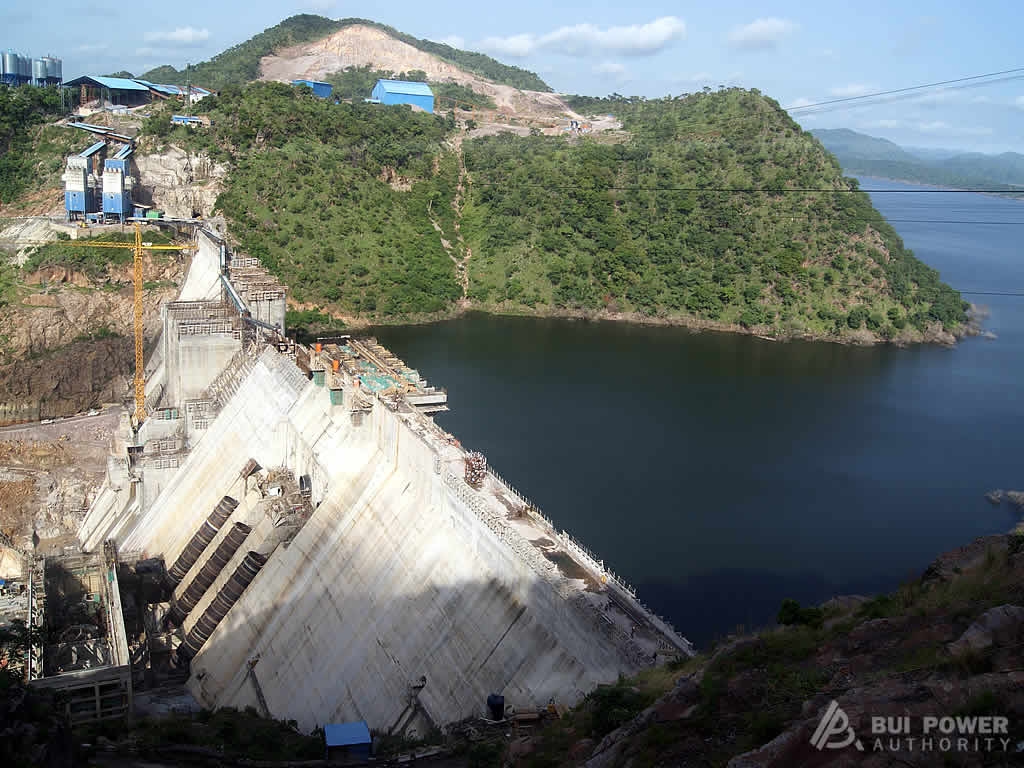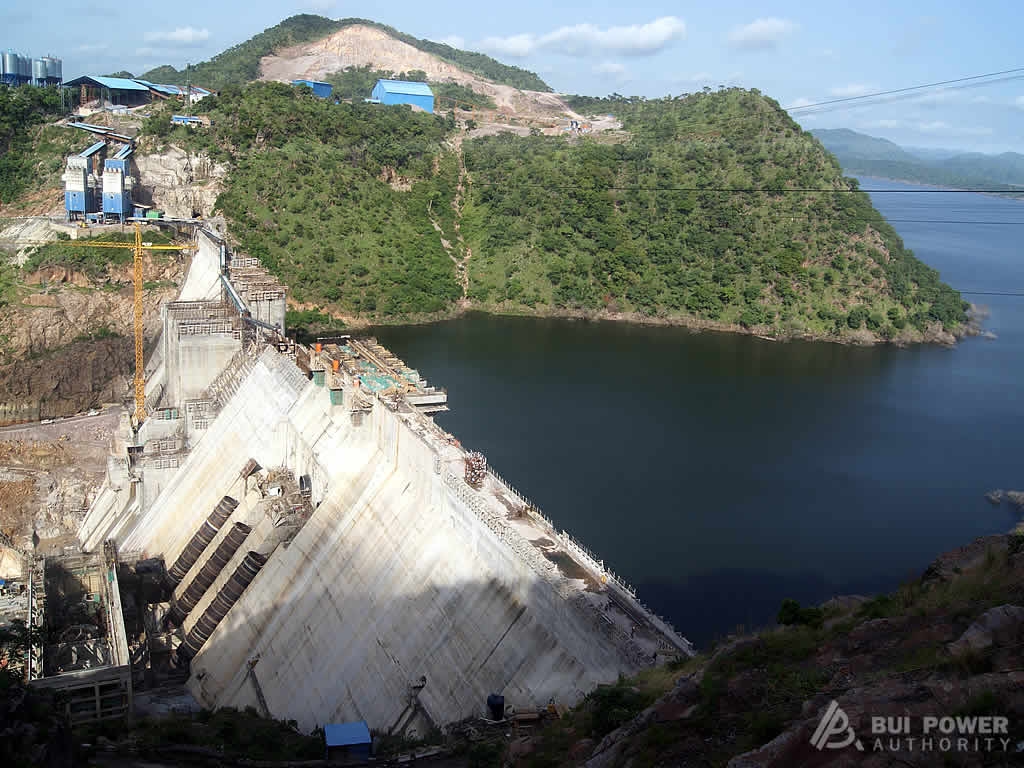
The Office of National Statistics (ONS) has released today the numbers for the change in the UK’s industrial production. There’s not much surprise in this, industrial production was up a bit, manufacturing up a bit more than that and oil and gas production down a bit. Given that industrial production is the sum of manufacturing and raw materials production the overall number is a slight rise. There’s two things we should say about this: the first is that this isn’t actually all that important a number. People still look at it but the importance that is attached to it is overdone. Historically it was much more important and people tend to be weighting it from that historical experience rather than today’s. The other point to note is what the usual news reports are not saying about this. Which is that the decline in the oil and gas sector has an obvious cause, one that isn’t being highlighted.
UK industrial production edged up by a lower-than-expected 0.1 per cent month on month in February, following a disappointing start to the year, suggesting slower GDP growth in the first quarter of this year.
Industrial output contracted 0.1 per cent in January, disappointing the market which had been anticipating a 0.2 per cent gain. The result for February was lower than the 0.3 growth forecast by economists.
And another:
U.K. industrial production rose less than economists forecast in February as stronger manufacturing output was offset by a drop in oil and gas.
Total production gained 0.1 percent following a 0.1 percent decline in January, the Office for National Statistics said in London today. An increase of 0.3 percent had been predicted in a Bloomberg survey. Oil and gas slid 3.8 percent, while manufacturing rose 0.4 percent amid higher car output.
You’re not going to get much more mainstream than the FT and Bloomberg on such economic statistics. But it does have to be said that this sector is hugely less important to the economy than it used to be. Industrial production is up by a factor of four or five since, say, the 1950s. But as a portion of the economy it has more than halved. Yet all too many people continue to think that industrial production is as important to the general economy as it used to be. This simply isn’t so: some 70 % or more of the UK economy is now services and so it’s the services numbers that actually make the difference to the economy as a whole.
And we can also make a useful point about that fall in oil and gas production. These are month on month numbers, so we are saying that oil and gas production fell from January to February (rather than looking at February 2014 to Feb 2105) but there’s still that elephant in the fossil fuels business. The price of Brent (the measure of North Sea prices) has halved since Feb 2014. So, we would rather expect people to be, a year later, pumping up gradually less of that oil and gas as it is now worth so much less.
Manufacturing, that part of the economy where we are not simply dealing with a commodity, continues to grow. And it’s that growth which overcame the fall in fuel production to leave industrial production higher.
Source: Forbes




